Future Confident: Samuel Kirk
Samuel Kirk, owner and co-founder of BCI Studio, BCI Reality, and Opportunity Egypt, reflects on his career so far, the future of city planning, globalisation, and more.
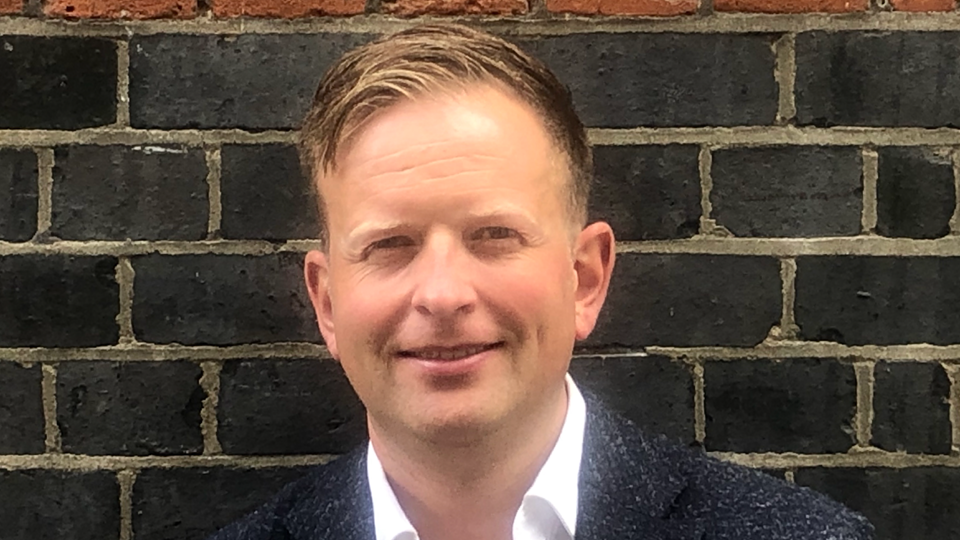
At Somewhere, we believe in the power of strategy, creativity and technology to equip businesses to face the future. Because while we can’t be certain of what’s ahead, we can be ready. We call this state of readiness ‘future confident’.
For our new Future Confident series, we’re talking to influential leaders within the industry, to learn about their hopes for the future of their businesses and the potential challenges that stand in the way.
In this first interview, we get to know owner and co-founder of BCI Studio, BCI Realty, and Opportunity Egypt, Samuel Kirk, as he reflects on his career so far, the future of city planning, globalisation, and more.
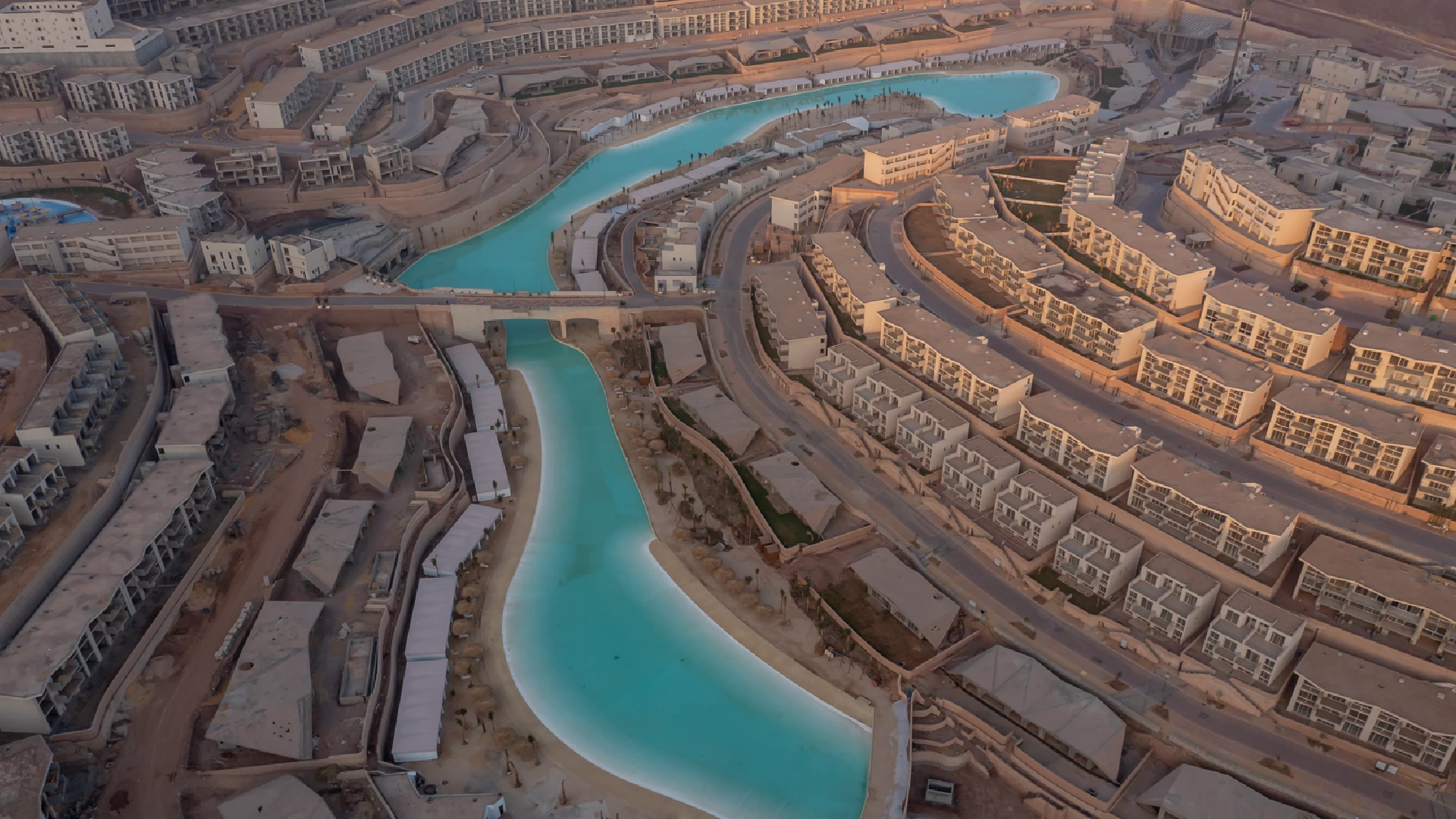
01. Can you tell us a bit about your current role and career so far?
Samuel: I'm the owner and co-founder of BCI Studio, an international design company specialising in the commercial review of large-scale urban developments and strategies for citywide placemaking and integration of latest technology for smart cities.
I'm the owner and co-founder of BCI Realty, an advisory and brokerage business working in FDI, assisting governmental ministries, regional development agencies, institutions, and private developers in promotion and inward investment internationally.
And I'm the owner and co-founder of Opportunity Egypt, an inward investment portal assisting FDI entering the Egyptian market, working for the Ministry of Housing, New Urban Communities Authority (NUCA), and Administrative Capital for Urban Development on Egypt’s 2030 Vision and their new cities programme.
I'm also an ARB registered architect that trained at Bath University, Cardiff University, and University of Westminster.
Samuel: Some of my significant recent advisory roles have included: Quarter 2 of King Salman Park, Riyadh for King Salman Park Foundation with NRI and T-Properties; OpportunityEgypt pavilion at MIPIM; The Administrative Capital for Urban Development, Egypt (ACUD); Tatweer Misr’s Egyptian developments including Il Monte Galala, Fouka Bay, Bloomfields, D-Bay, Salt; Adani Group’s airside redevelopment at Lucknow and Ahmedabad Airports, India; New Alamein City, Egypt; Centrale Mixed Use Development, Budapest Hungary; Kecskemet masterplan, Hungary for Ceetrus and Immochan; Capital & Counties advising on the Phase 1 of the Earls Court Redevelopment; Urban Land Institute Retail and Leisure Committee Member; and Speaker at international property events including MIPIM, MAPIC, MAPIC India, ExpoREAL.
Prior to this, at Aukett Fitzroy Robinson, I was delivering mixed-use, office-led developments in Paris, Madrid, East London, Glasgow, and Newcastle, with a year preceding at Frederick Gibberd, working on the Charing Cross Hospital.
My first architectural experience was at TP Bennett working on office and student accommodation schemes across UK.
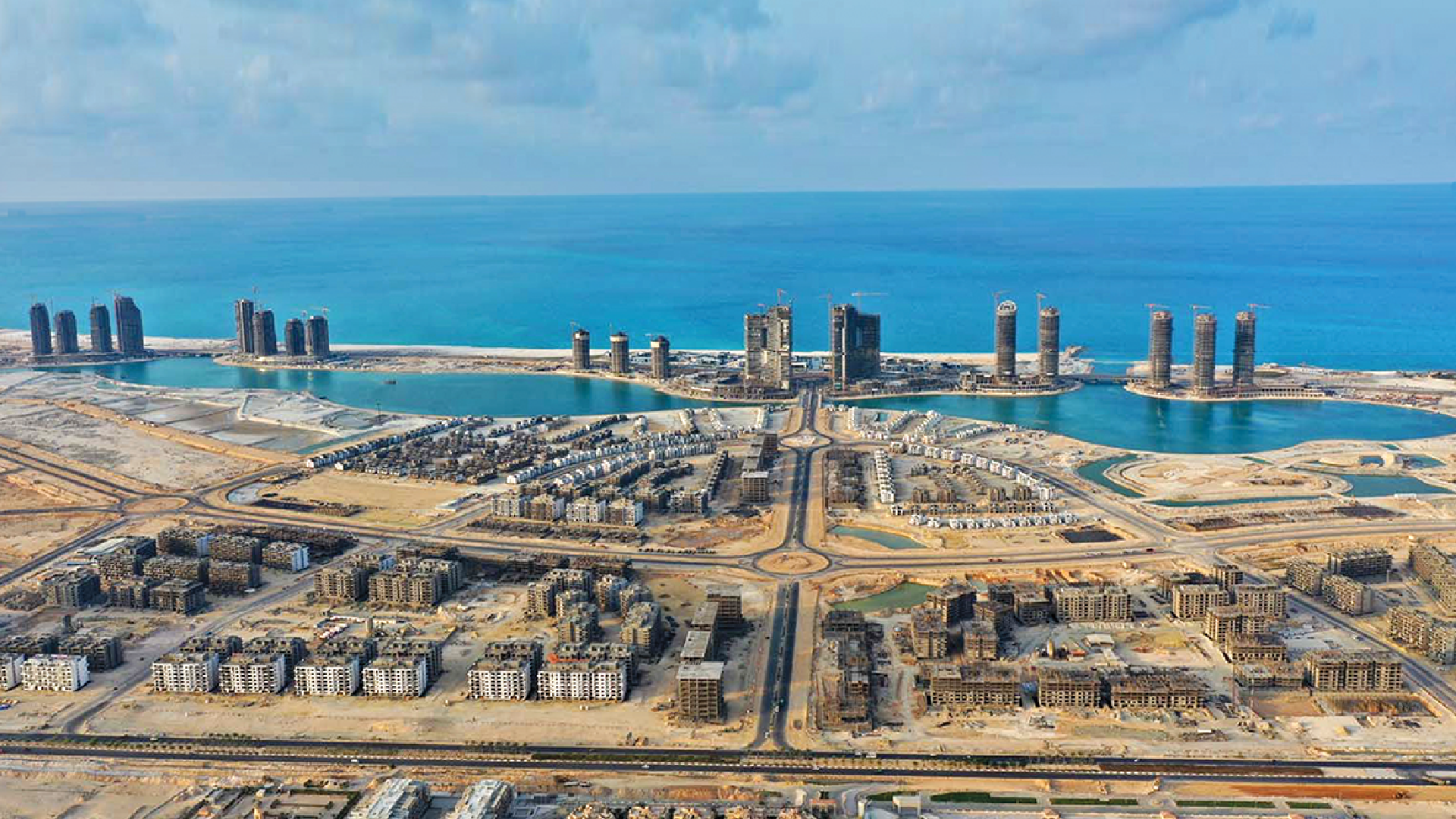
02. What’s been the highlight? What continues to get you out of bed in the morning?
Samuel: Generating social impact, bettering the experiences of residents and users of our developments.
Influencing large scale urban plans.
Connecting people within our network to international opportunities.
Working with the DoT in UK to encourage other UK manufacturing and consultancy businesses to expand into new territories.
And on a personal level, meeting the Egyptian Prime Minister (former Minister for Housing with architectural training) who is always charming, enthusiastic, and encouraging in all that we do.
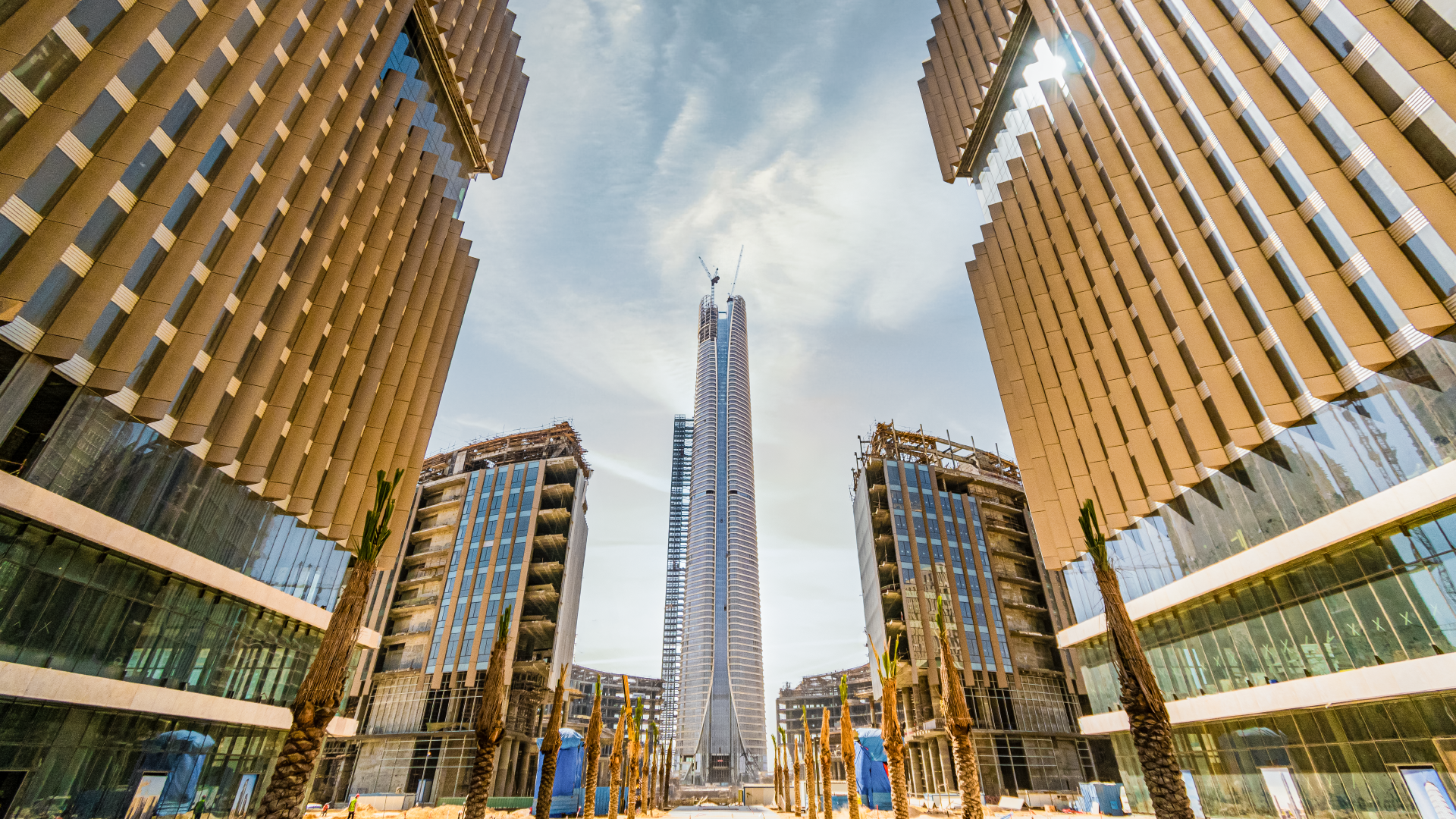
03. How do you see the future of city planning?
Samuel: Health and wellbeing in a post-COVID era are essential ingredients.
Our clients want to be the forerunners in Ipsos Cities Index polls so we are collaborating with International WELL Building Institute to expand their accreditation across whole developments and districts.
Cities need to be connected, integrated, and adaptable.
Questions around the role and format of the workplace, relevance of traditional retail, and large-scale malls in a competitive online world need to be addressed.
‘Smart cities’ can feel an overused and loosely applied term, but I know the collaborators on our developments are implementing the latest technology to ensure these cities provide living and working environments that will cater for a changing employment market.
In India and Egypt, our developments consider significant population growth, enhanced education opportunities, middle class betterment and increased spend power, generally, within economies.
The principal challenge in the arid environments we work will be the long-term security of water, food, and power.
04. How is globalisation affecting your business?
Samuel: Our businesses have operated in more than 40 countries worldwide, with more than 70% of our business outside of UK.
Globalisation is very much something we embrace as a business.
Our JV partners and connections within the countries we operate give us great local market insight and help us to connect the right businesses to opportunities.
We have seen significant uplift in our business in MENA regions, across Africa and the Far East in the last three years.
Egypt’s strategic position and our connections within it provide a gateway into Africa.
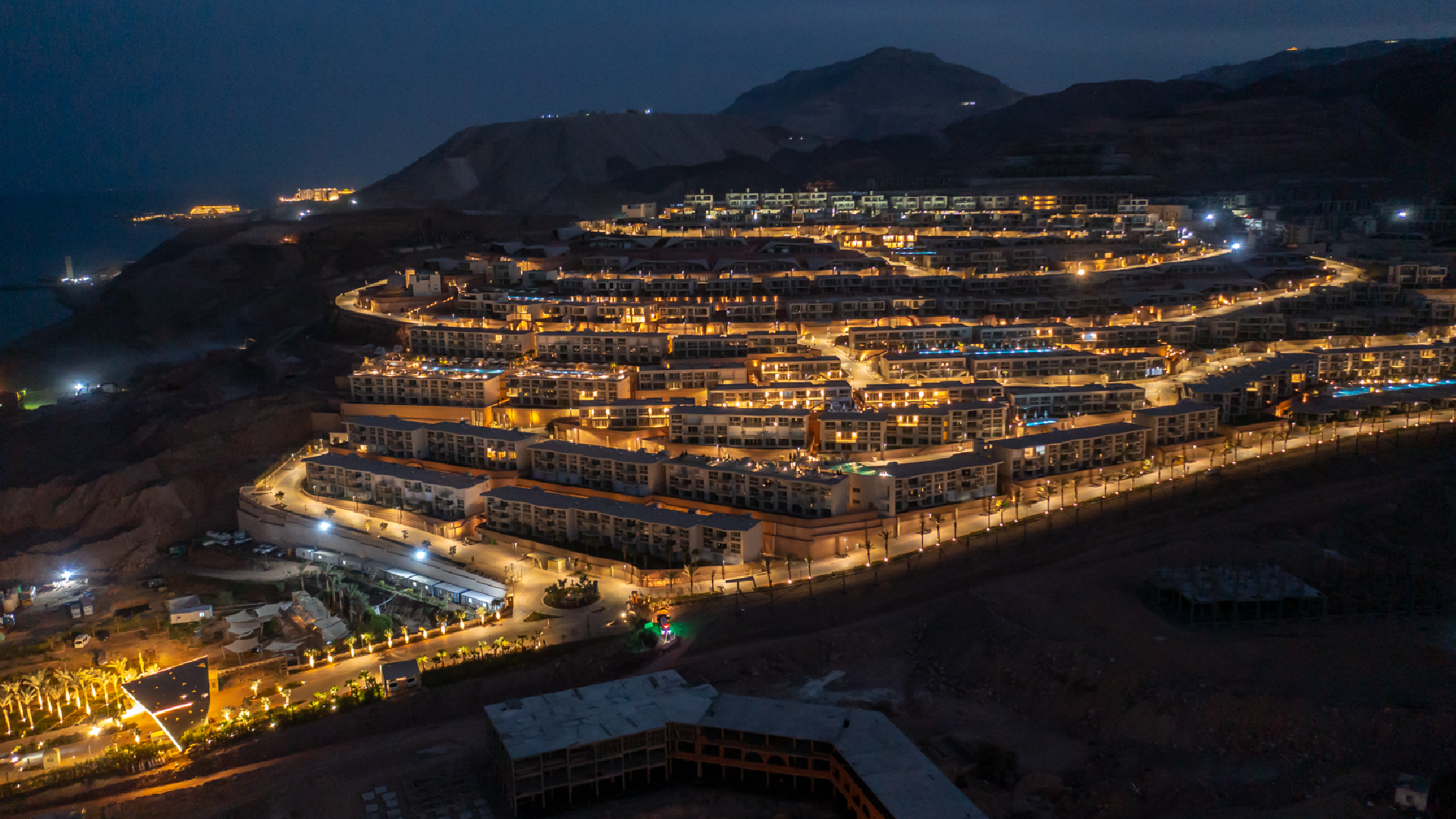
05. What do you think is the biggest challenge you’ll face over the next five years, and what are you doing to prepare for it?
Samuel: Resourcing can be a challenge for us as a business.
BCI Studio for example is far from a traditional architect’s practice.
We look for employees with strong conceptual design skills, but often the role is more strategy and research-based.
It’s rare that we receive an RFP from a client, more often than not, we write our scope from a blank sheet and define what our deliverables should be.
Our team thrives off these opportunities and we work in a very collaborative environment, but it’s rare that we ever provide 1:10 details.
It takes time for new recruits to understand our approach, we are encouraging, we offer them as much responsibility as they feel comfortable with, and we are client-facing from the outset.
We are always on the lookout for likeminded people to join the team, but it’s not a quick process.
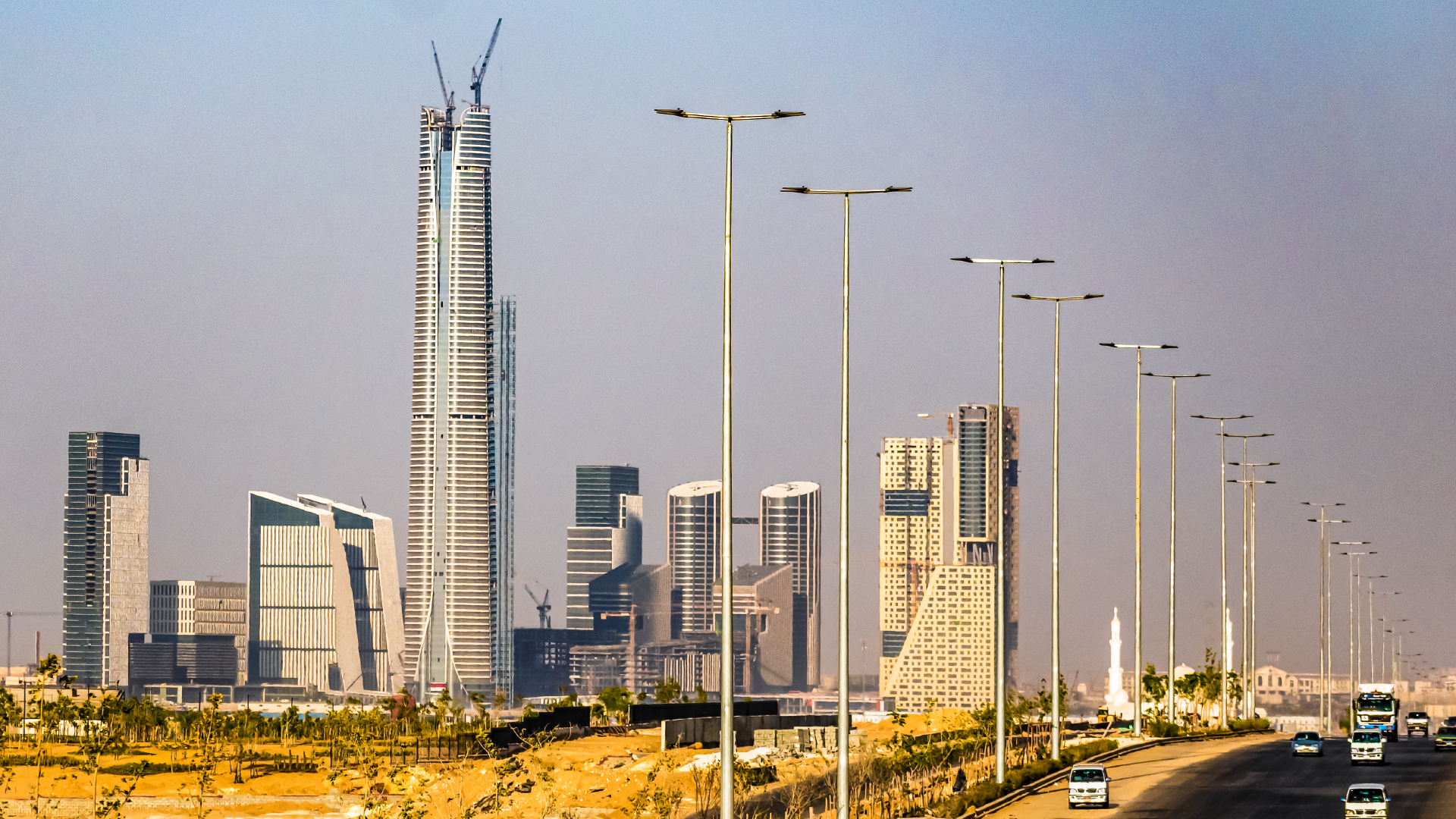
06. How are you enabling a better future for your clients?
Samuel: Residents, owners, and occupiers benefit from our placemaking strategies and programming, enhancing their public realm experience.
Our developer clients use these strategies to define their marketing and sale pitches, raising awareness of their developments, improving the environment for their residents and ultimately enhancing their sales performance.
To feature in our Future Confident Interview series, please email our Marketing Director, Bec Peel. To discover our latest projects in the Middle East, click one of the links below.
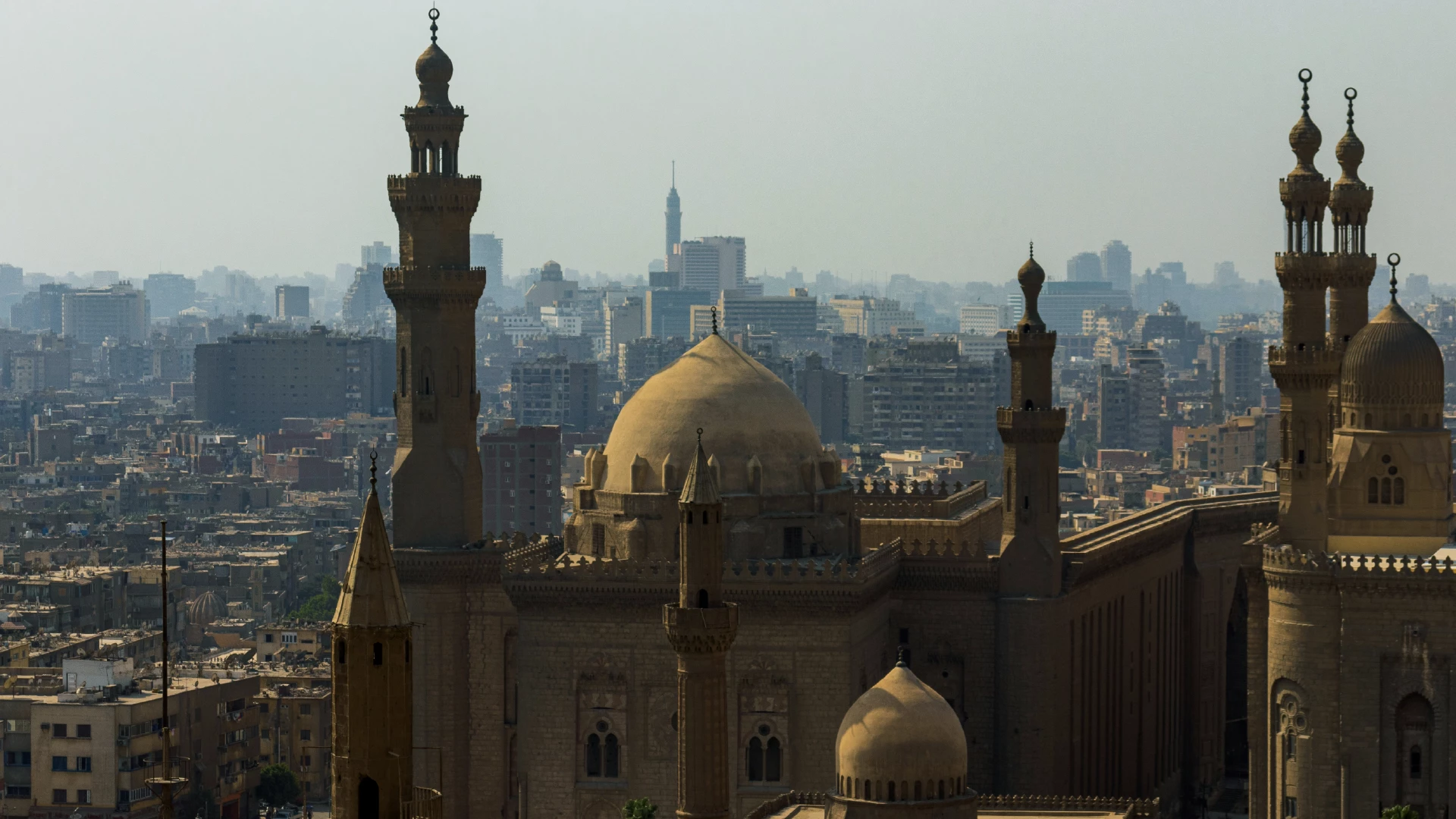
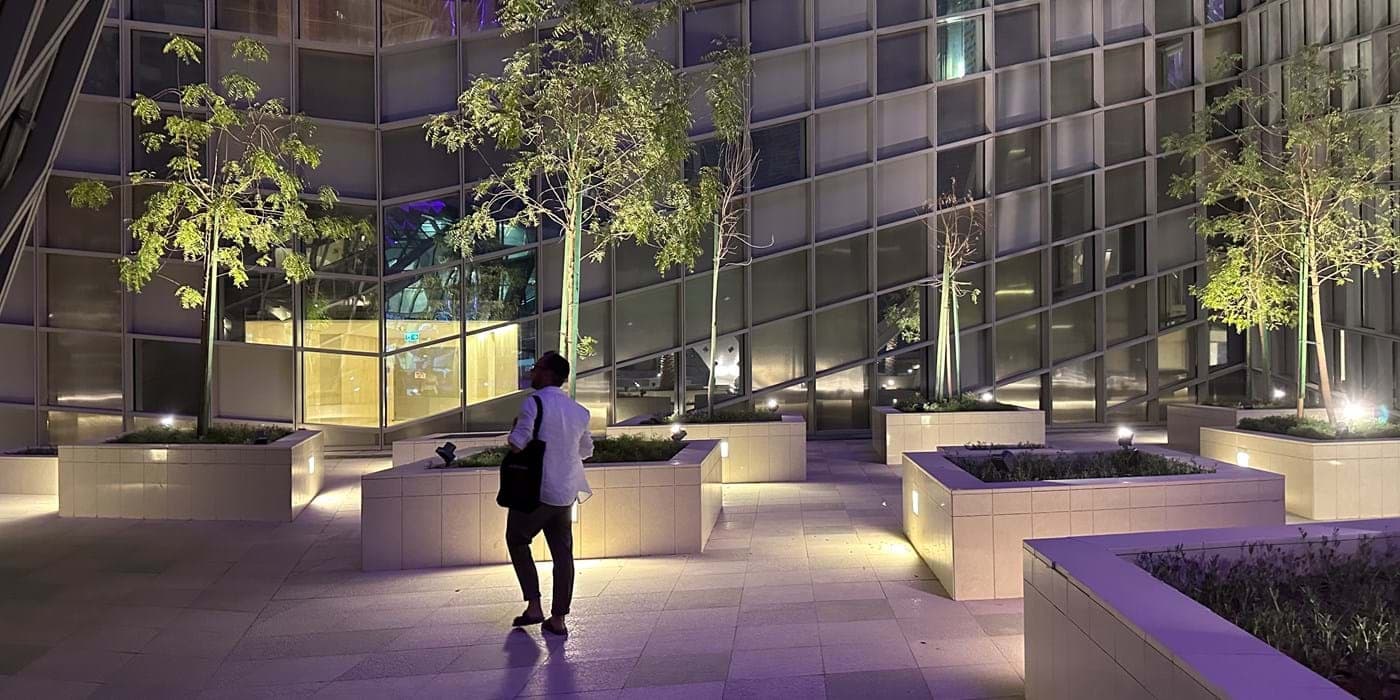
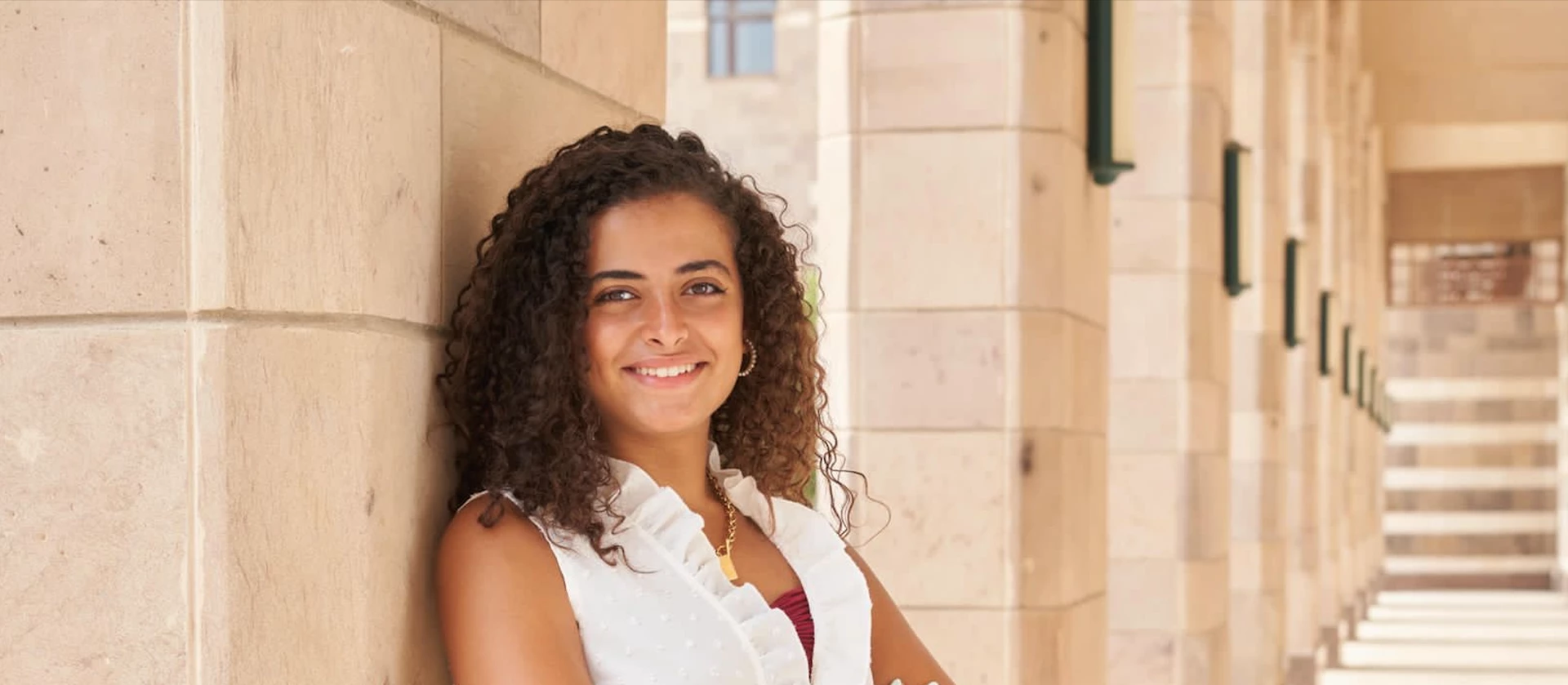

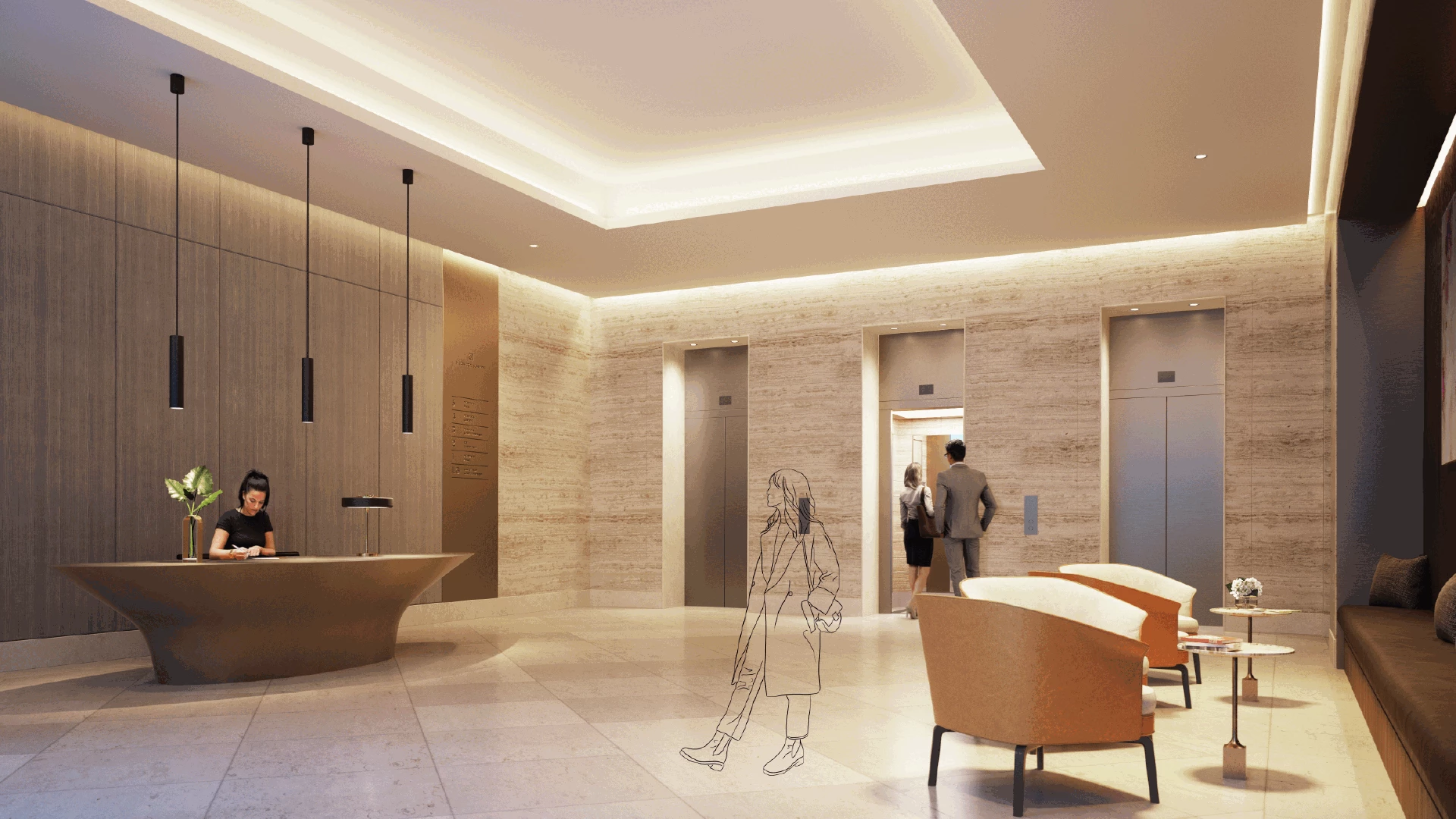
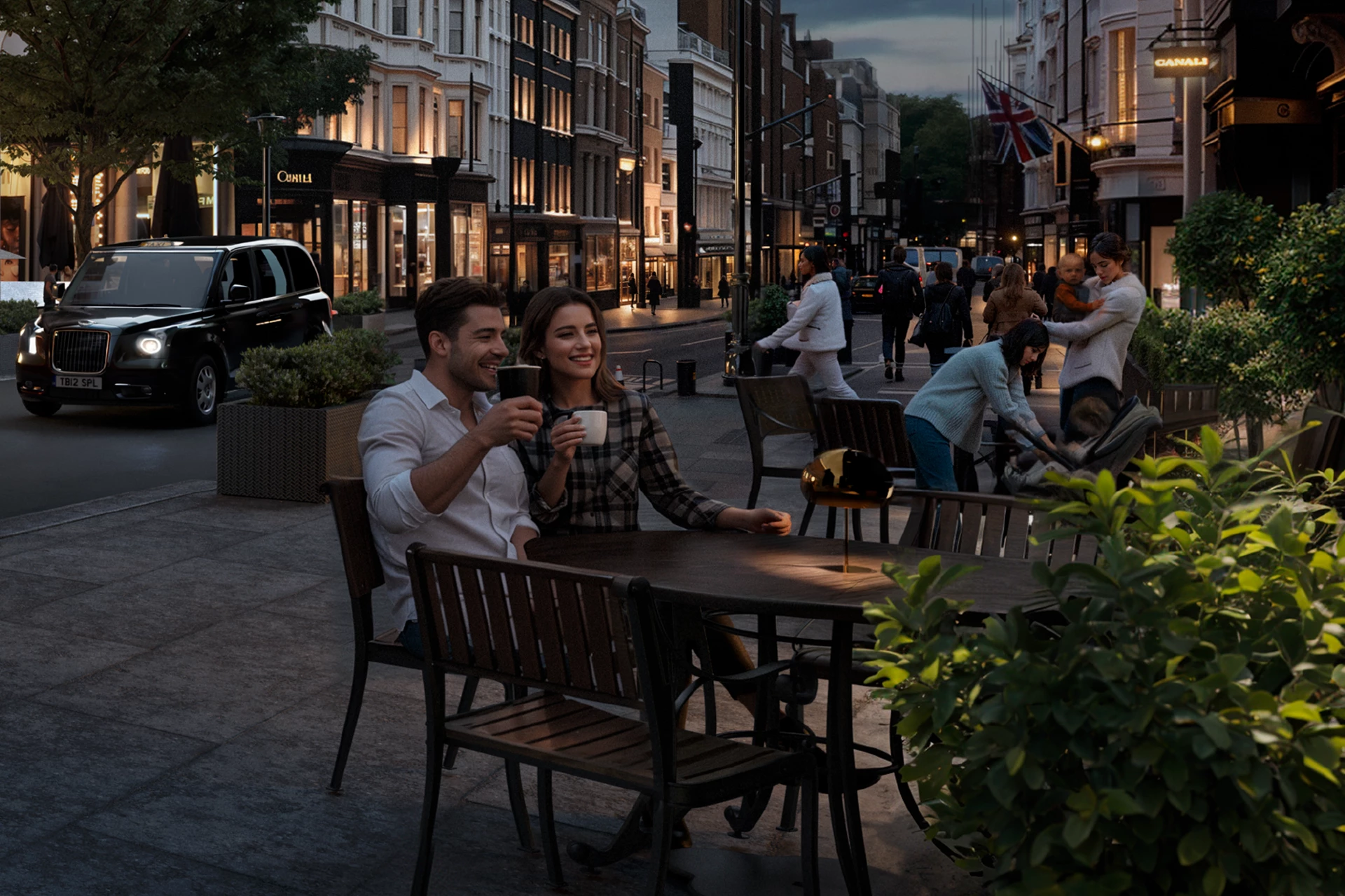
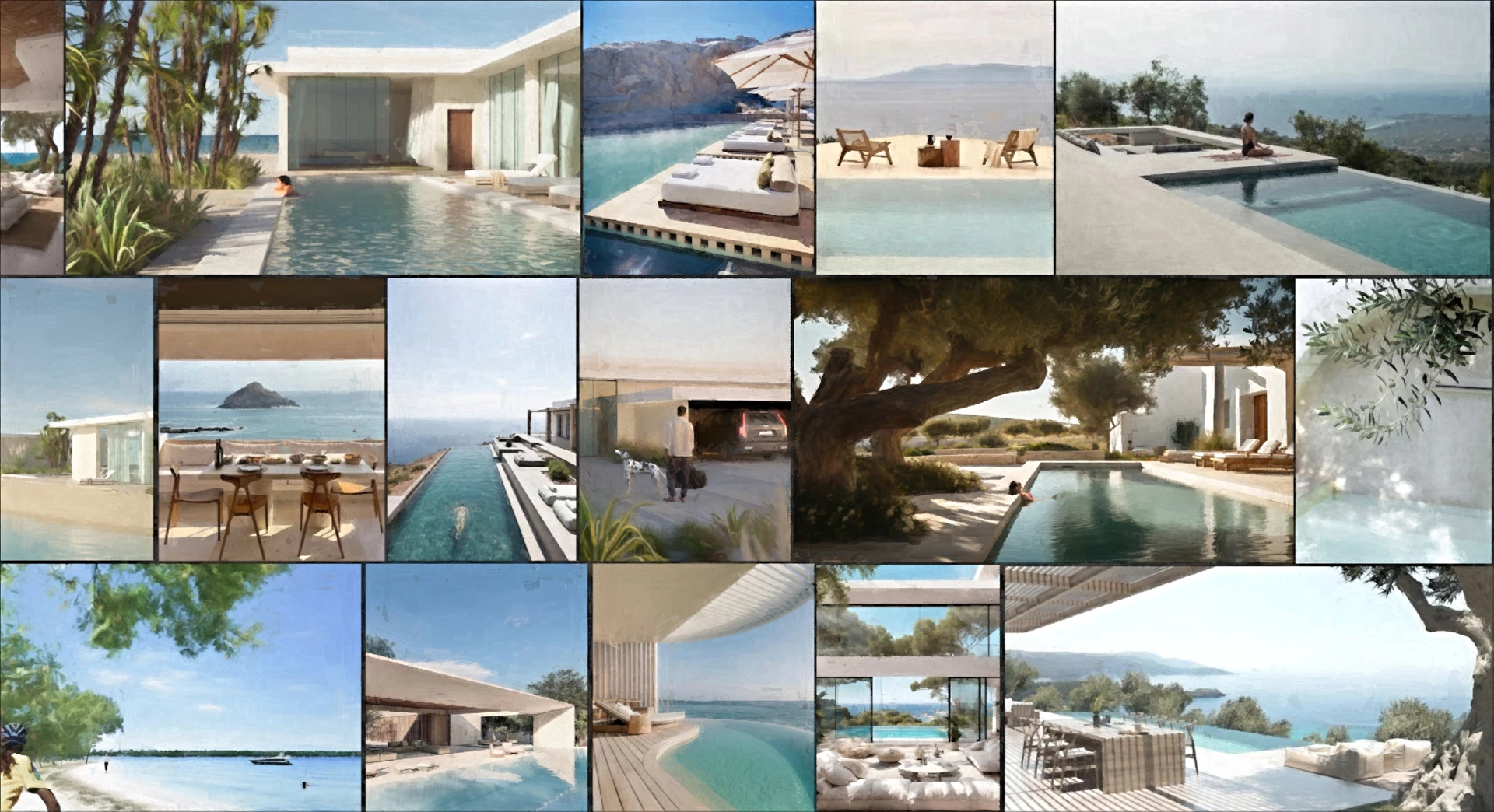
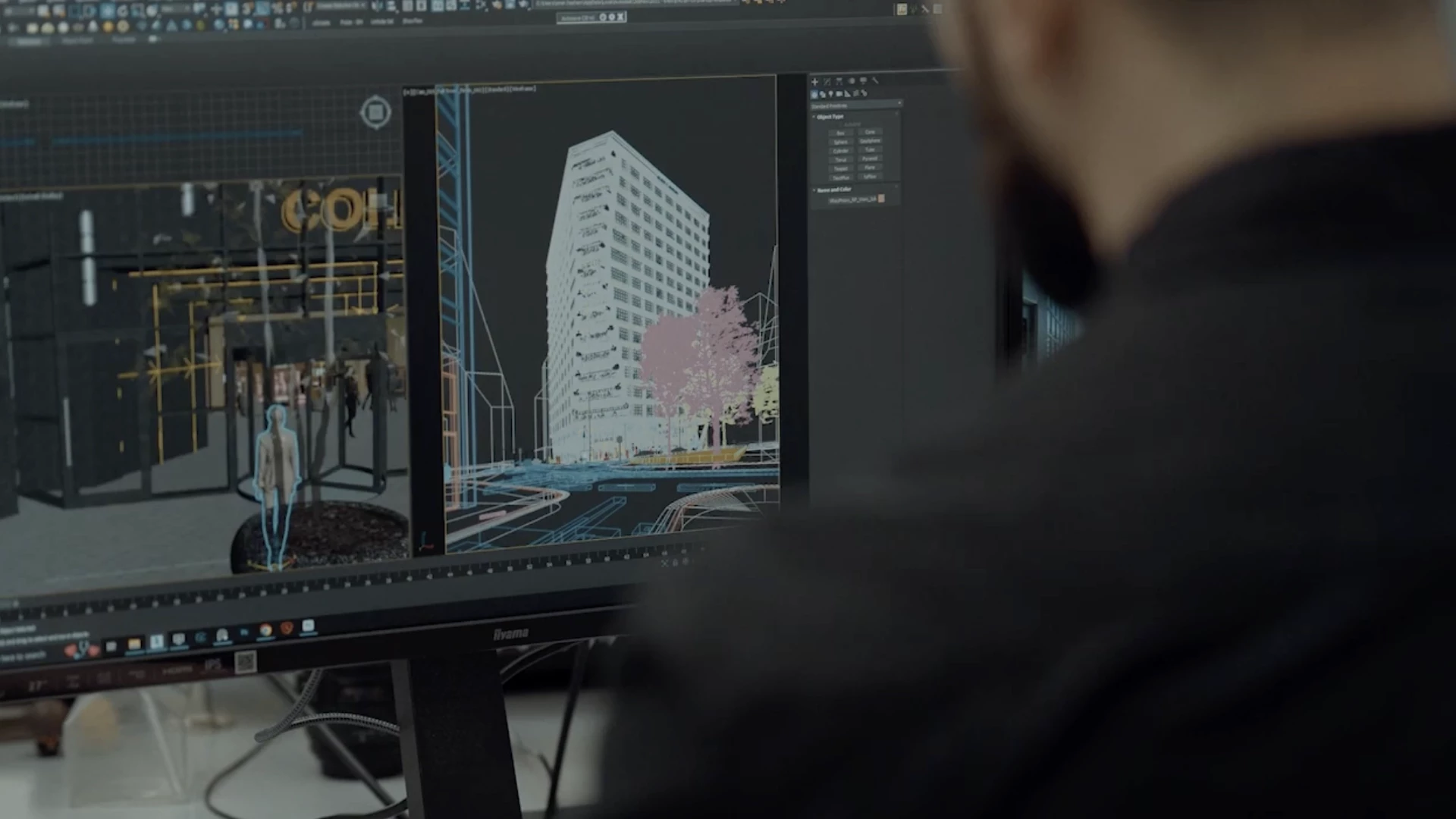


.webp)